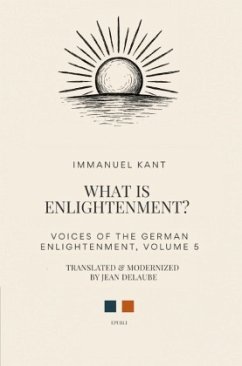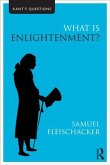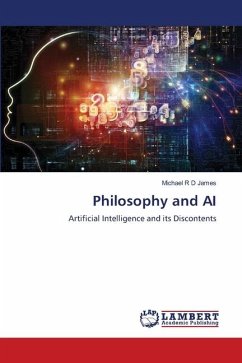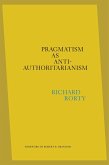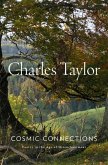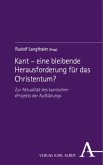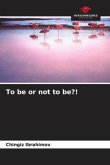"Have the courage to use your own understanding!" With this immortal challenge, Kant delivers the most influential definition of enlightenment ever written-yet many English translations remain questionable or simply inaccessible to modern readers. This edition offers a fresh, clear rendering that preserves Kant's philosophical precision while making his revolutionary ideas genuinely comprehensible.Kant's essay remains to this day the most influential definition of enlightenment and a plea for the courage to think independently in an era that he himself did not yet call enlightened, but rather an "age of enlightenment."An essential text for understanding both the German Enlightenment and the ongoing struggle for intellectual freedom in any age.Volume 5 in the Voices of the German Enlightenment series, following Wieland's "The Secret of the Order of Cosmopolitans," Herder's "Ideas for a Philosophy of the History of Mankind," Schiller's "What is Universal History," and Mendelssohn's"Jerusalem."
Bitte wählen Sie Ihr Anliegen aus.
Rechnungen
Retourenschein anfordern
Bestellstatus
Storno

